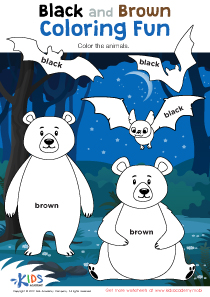Alphabet Learning English for Beginners Worksheets for Ages 5-6
4 filtered results
-
From - To
Discover our engaging "Alphabet Learning English for Beginners Worksheets," designed specifically for children ages 5-6. These interactive and colorful worksheets help young learners recognize letters, understand phonetics, and build foundational skills essential for reading and writing in English. Each activity is crafted to enhance letter recognition, promote fine motor skills, and boost early literacy through fun exercises. Ideal for homeschooling, classroom settings, or personal practice, our resources make learning the alphabet enjoyable and effective. Start your child's journey to mastering English while fostering a love for learning with our thoughtfully designed worksheets. Explore the fun of letters today!
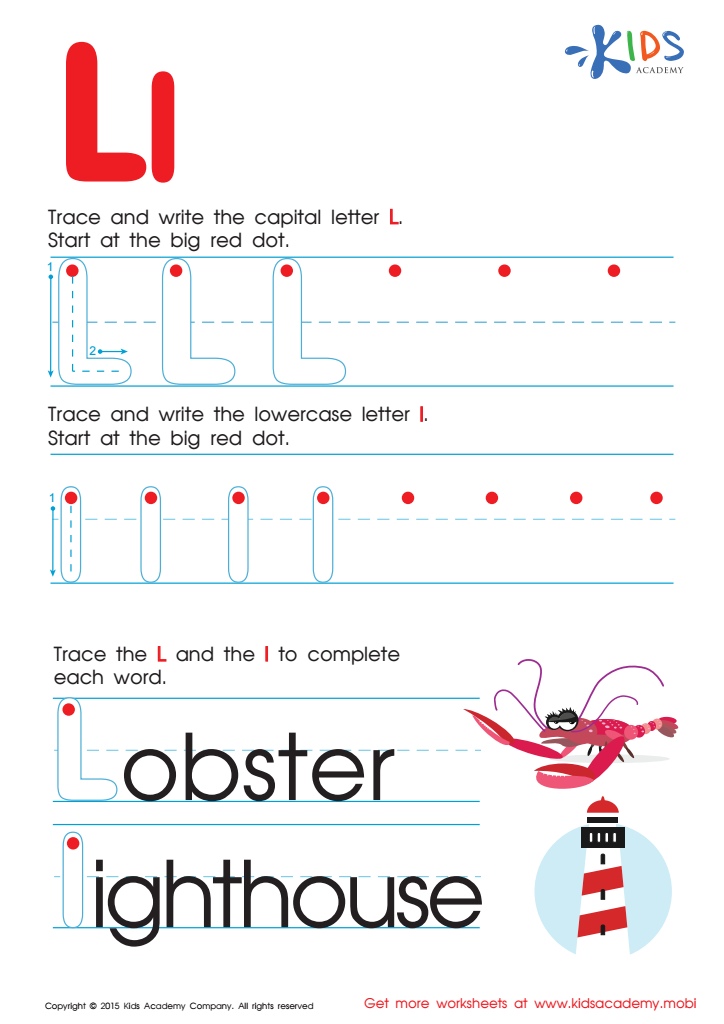

Letter L Tracing Page
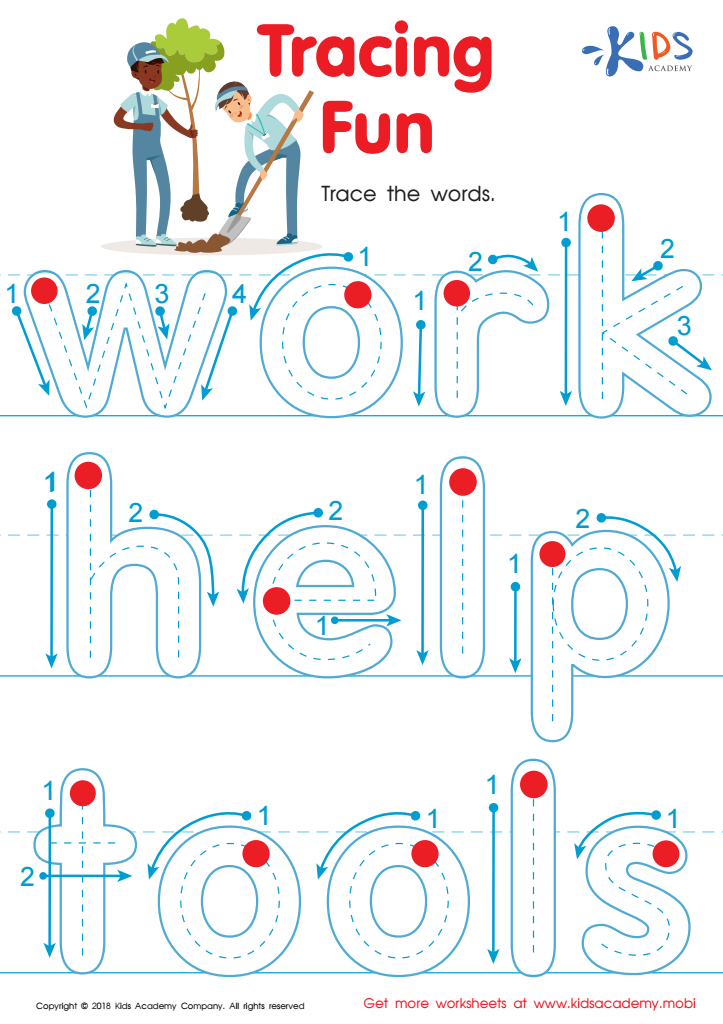

Tracing Fun Worksheet
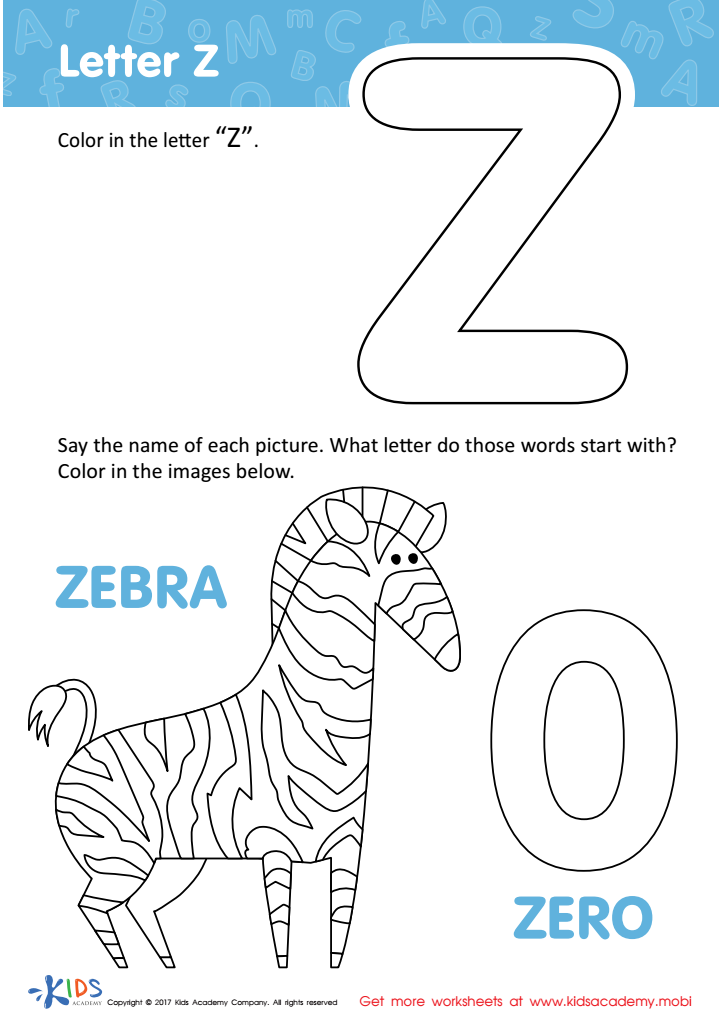

Letter Z Coloring Sheet
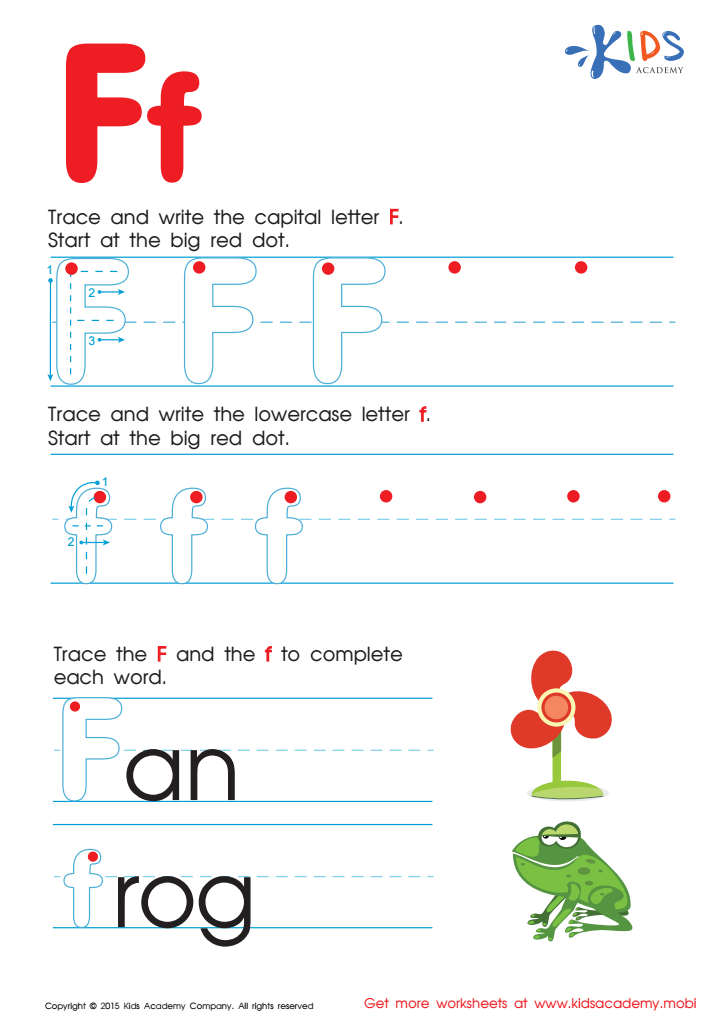

Letter F Tracing Page
Alphabet learning is foundational for young children, particularly for those ages 5-6, as it sets the stage for future literacy skills. For parents and teachers, this stage is crucial in nurturing a child's reading and writing abilities. When children grasp the English alphabet, they develop the confidence to recognize letters, learn phonetics, and ultimately blend sounds to form words. This process is vital for effective communication and comprehension.
Furthermore, early exposure to the alphabet enhances cognitive skills, such as memory, attention, and language processing. It also encourages a love for reading, fostering imagination and creativity. In a classroom setting, teachers can integrate fun, engaging activities—like songs, games, and visual aids—transforming learning into an enjoyable experience.
For parents, actively participating in their child’s alphabet learning journey fosters a supportive home environment. Reading together, playing alphabet games, and utilizing learning apps can reinforce skills outside of school. Moreover, being involved helps parents track progress and boosts constructive parent-teacher collaboration.
Overall, focusing on alphabet learning for beginners is essential, as it lays the groundwork for a child's academic success, confidence, and lifelong enjoyment of reading. Ensuring robust early literacy development encourages positive outcomes in education and beyond.
 Assign to My Students
Assign to My Students








